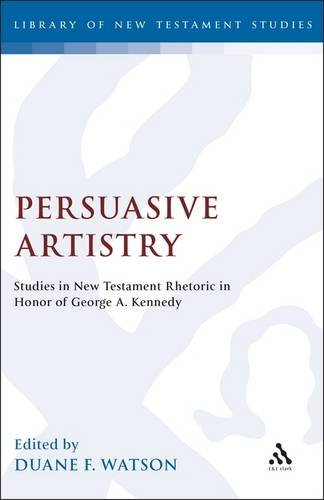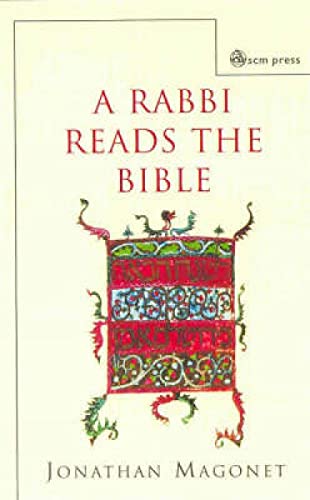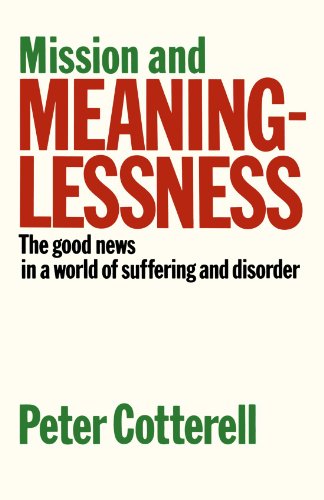Volume 18 - Issue 3
My pilgrimage in theology
By John GoldingayAged 0: chosen, called to be a theologian, born, baptized.
Aged 12: decide to learn Greek instead of German in the hope that it would improve my awful Latin (in those days you needed Latin to get into Oxbridge, and my school didn’t recognize the existence of other universities). This has more eventual influence on me as a theologian than the fact that as a choirboy I listen to the sermons of a curate called David Jenkins. Moral: God uses even the pre-Christian decisions you take.
Aged 13: converted. Start sharing my minister’s enthusiasm for leading the NT in Greek. Yes, I too think this is disgustingly precocious. Eventually do A-level RE; puzzle school chaplain by insisting on sixth-century date of Daniel and on ‘propitiation’ not ‘expiation’, etc., in an essay on Romans—but win a prize for the essay, my long-precious Young’s Concordance.
Aged 18: enthuse over Helen Shapiro’s records. Discover it’s easy to get into Oxford if you want to study theology. Do Hebrew because I’ve already got Greek. Start with OT and never get beyond that because of the inspiration of John Baker (now Bishop of Salisbury) as tutor and Alec Motyer as preacher; expect to move on to NT, Doctrine, Church History, etc. in heaven. Fortunate to be studying when it’s respectable to reckon that Abraham existed, but decide I don’t find three Isaiahs and second-century Daniel incompatible with scriptural authority/inspiration (because God could be speaking through the development of the ‘Isaiah tradition’ and through someone who was fulfilling a Daniel-like role centuries after Daniel). Regarded by CU as dangerous combination of Christian and enthusiast for theology. Meet wife-to-be at UCCF conference; take her to Beatles concert at Hammersmith Odeon.
Aged 24: ordained. Read von Rad and John Owen as curate. Campaign for abolition of Psalms from services; vicar prophetically declares, ‘Young man, you will need the Psalms one day.’ Write paper to show that Anglican order of ministry is scriptural. Ponder/agonize over theological issues raised by nascent charismatic movement with aid of J.B. Phillips’s The Young Church in Action. Get offered theological college teaching posts and think maybe someone’s trying to tell me something. Do MTh at King’s, London, and fail; friends kindly think this must be problem with King’s, not me. Publish dissertation in Tyndale Bulletin, along with other work from MTh study—including in due course Songs From a Strange Land (based on college Bible expositions).
Aged 28: join St John’s, Nottingham, staff and stay a long time. Borrow Eric Clapton’s Layla from Graham Cray and pronounce it world’s greatest record. Discover the word ‘hermeneutics’ and write paper on the subject, also paper in the Churchman on how one can hold together a belief in inspiration with an acceptance of critical approaches to Scripture. Acceptance of charismatic theology gradually becomes experience as well as theory; it helps me understand how inspiration worked. Acknowledge that there is no scriptural theology of ordination, but you can’t agree with everything in a church, can you? Realize that the OT is my idol and repent. Speak at Greenbelt; astonished and excited to discover that Christian rock music could be worth listening to.
Aged 31: spend summer in Israel, climb Mount Sinai (if that was it), narrowly missing Egyptian army attempt to recapture Sinai. Find Israel wondrously informing of my appreciation of Scripture and the having-happened-ness of the gospel. Henceforth try to get back there as often as possible, often taking student groups and enjoying watching their similar (or different) reactions.
Aged 33: principal suggests I really should do a PhD, which leads to Approaches to OT Interpretation and Theological Diversity and the Authority of the OT. Reviewers reckon either that I am too willing to concede ground to critical theories or that I believe too much in the OT as divine revelation, so I conclude I am on right lines. Meet Brevard Childs. Apply unsuccessfully for university jobs; come to realize that a believing, worshipping, preaching community is a good context in which to study critical theology, for me as for students, because it helps me keep theology in relationship with God and other aspects of real life.
Aged 35: asked to contribute to the Word Commentary series, but reckon I cannot take on other commitments. They respond by sending me contract for Daniel—I suspect on the strength of a three-page article in Themelios. I am intrigued, try to be open-minded about a sixth-century date but conclude that the critics are right, though am more interested in expounding its theological significance.
Aged 41: my wife Ann’s longstanding multiple sclerosis becomes much more troublesome. This leads me into a much deeper involvement with the Psalms, new discoveries about the nature of prayer, new proving of Scripture’s word-of-God-ness in its manifold capacity to speak to me in my pain, and into editing Signs, Wonders, and Healing. Live not least by a word from God given to me through Tom Smail: ‘I will make the north wind your warmth, the snow your purity, the frost your brightness, and the night sky of winter your illumination.’ Meet Walter Brueggemann. First perform with a semi-professional rock band; write ‘Born in a UPA’. Learn from my son how to word-process, though live by the principle ‘You don’t read incomprehensible manuals, you hit keys until the computer does what you want. You experiment until you have learned how it works.’ Buy second-hand set of Barth’s Dogmatics. Discover Van Morrison.
Aged 45: made Principal of St John’s, rather surprisingly because we weren’t due to need another one for a while. Cultivate habits such as wearing odd socks to put people off from thinking of other distracting appointments for me, but stop cutting my own hair and buy dog-collar. Encouraged by a word from God given through Barry Kissell: ‘You had a vision for the college, and you had begun to think that it would never come true, but it will come true.’ Encourage development of courses which take theology more seriously (Honours BTh, Graduate BTh, MA, MPhil/PhD). Form own band (‘Two priests, three ordinands, and a pregnant woman’). Displace Young’s Concordance by Analytical RSV equivalent.
Aged 49: finish expansion of hermeneutics paper as large book (too large, if you never see it published). Conclude that Origen is a better guide than Warfield to the implications of inspiration (inspiration means the details of the text are designed to say something to us, it doesn’t merely mean they are minutely factual). Begin work on Isaiah 40–66 for International Critical Commentary. Promise to write an OT theology before I die. Discover I share birthday with Errol Flynn. Find myself involved (by accident really) in controversy over inter-faith worship. Discover Helen Shapiro has been converted. Reflect on the fact that I subconsciously assumed when I was 20 or so that once you were adult nothing else ever happened, actually God never stops doing new things with you (at least, not so far). ‘Old men should be explorers’ (T.S. Eliot). ‘I shan’t retire—the habit of writing is too powerful’ (V.S. Pritchett). ‘When you’re over the hill you pick up speed’ (anon). Squeezed out or own band by over-gifted students.
John Goldingay
Fuller Theological Seminary






